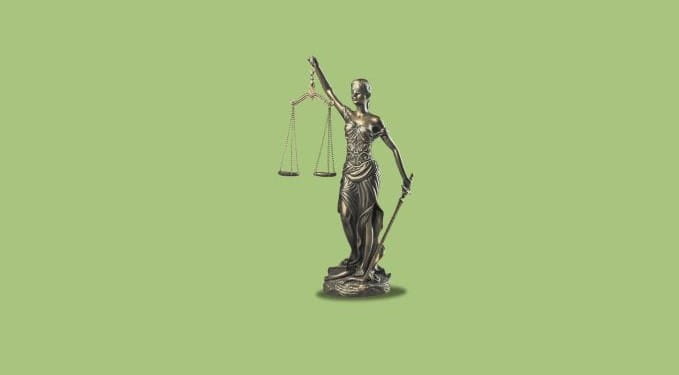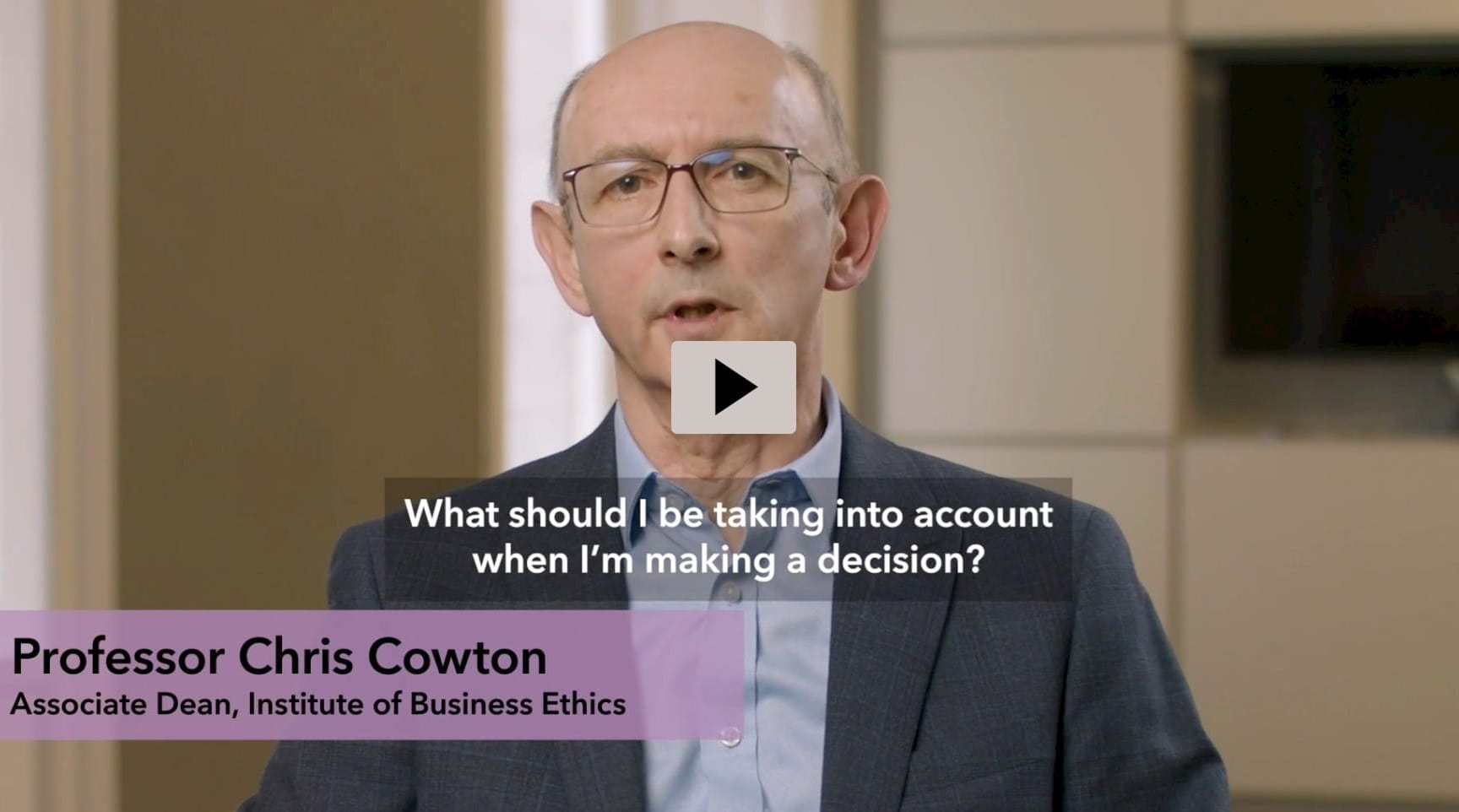The pandemic offered plenty of opportunities for fraud. Every aspect of the fraud triangle – pressure, opportunity and rationalisation – increased during that time, as people found themselves at home and under less scrutiny than usual, felt the pressure of lockdown and could rationalise fraudulent behaviour as necessary for survival.
“I was seeing quite a few fraud cases where directors and others were, misguidedly but genuinely, trying to save their businesses,” says Annabel Kerley, forensic accountant and Partner at Evelyn Partners. “There was a real grey line between doing something wrong or just pushing the absolute boundaries to get their business out of an unprecedented situation.”
Things have now moved on, but fraud is still prevalent. With the economic climate and cost of living at the moment, the pressure and the rationalisation aspects of the fraud triangle are fairly high, while opportunity has reduced slightly as people return to the office.
In some cases, it’s a matter of people making genuine mistakes that got out of control. At other times, it’s opportunistic individuals that are testing the system and find gaps to exploit. Some are still desperately trying to save their businesses and falling into unethical and at times criminal behaviour.
“To be honest, it's very rare that I see people intentionally set out to commit a serious criminal level fraud,” says Kerley. “That does happen, obviously, but those are the rarest cases that I see.”
Rationalising behaviour
People often rationalise fraud by focusing on perceived slights (“I’m underpaid and overworked”) or that fraud is a victimless crime (which is far from true). The knock-on effects of fraud can impact other workers, insurers and the business, and even associated tax revenues.
Occasionally, people do some serious mental gymnastics to try to justify what they’ve done. Kerley cites one recent case of a large-scale fraud where the perpetrator insisted that they were running a legitimate business from within the walls of their employer. “This person was very charming and convincing. I think they genuinely believed they were right, even though by anyone else's account, including the police, they were stealing.”
Forensic accounting involves an objective examination of accounts to investigate whether a fraud has taken place. Alongside a review of the accounts, it might also involve interviews with people at the organisation to add any needed context – for example, if the person who reported the fraud might have any other motivations for accusing someone of a crime. Though Kerley stresses that the vast majority of cases come about through people that are genuinely concerned about bad behaviour that they’ve observed in their offices.
“We will always plot a timeline when we do these investigations,” she explains. “You can often see a journey in the accounts, particularly in opportunistic frauds, where someone starts small with under the radar amounts through their expenses. You might see round sums, you might see frequent amounts going through just below some kind of threshold. Then they get braver. They do it more often when they realise they can get away with it. Co-workers might then notice that they're starting to live beyond what you'd expect their means to be – the lavish lifestyle, the new car, the fancy holiday or the wedding abroad, that kind of thing. That helps you to raise additional lines of inquiry, particularly in terms of recovering stolen funds.”
Taking advantage
Fraud is often perpetrated by someone in a senior position with too much control and power. They are able to override controls to push through invoices and expenses, sometimes pressurising junior staff to do what they’re told without question.
Fraud committed by more junior employees usually occurs when they are given control over something that allows them to push through payments without scrutiny. This often occurs in smaller companies, Kerley explains, where you have fewer people responsible for various financial controls and the scope for segregation of duties is more limited
Kerley recalls one of her first investigations, a junior team member within a finance function that had control of purchases and was also responsible for the chequebook payments.
“He literally had carte blanche to write cheques to whomever he wanted. It was very easy for him to raise fake invoices from fake suppliers to do so. He was also in charge of posting certain things to the accounts, so he could also hide his activity. That's a classic case of lack of segregation of duties. It is less common where the tone from the top is clear and the financial controls are more rigorous.”
Combatting fraud
There are some common red flags that might suggest that something might be going on. For example, people who don’t take holiday and are overprotective of their particular areas of responsibility. In the case where the individual ‘ran a business’ within his employer didn’t ask for a pay rise in 10 years – this is unusual, says Kerley. The aforementioned lifestyle that doesn’t match with income is another.
Your organisation should have an effective ‘speak up, listen up, follow up’ process that allows people to raise concerns safely and anonymously. It takes an enormous amount of bravery to come forward, especially for junior team members, says Kerley, so it’s important that the leadership and management within the organisation support individuals with concerns and take action to investigate them thoroughly.
It’s possible, if the case does go to court, that various members of the accounts department will have to give evidence. This is more likely to be a witness statement, rather than an appearance in court, though there is a slight possibility that individuals might be called to give evidence. In that case, it is important that you don’t speak to other witnesses before a trial. It can be extremely nerve wracking, so it is worth signing up to a witness familiarisation programme run by criminal courts.
With the new failure to prevent fraud offence coming through the Economic Crime Bill in the near future, it’s a good time for organisations to think about their fraud prevention and risk processes, as this will inevitably form a basis of any possible defence. “Giving your processes a health check, either internally or by bringing in external expertise, is a really good thing to do, certainly at this time.”
Global Ethics Day
Global Ethics Day 2024 focused on using the power of ethics to build a better world. ICAEW examined the vital role ethics must play in the use of technology in accountancy.




